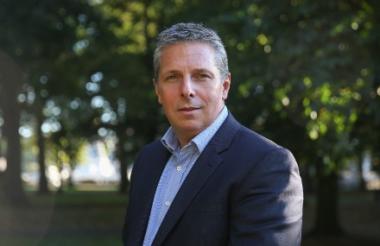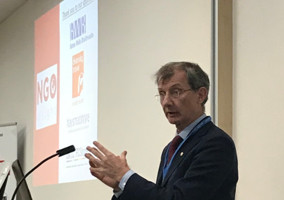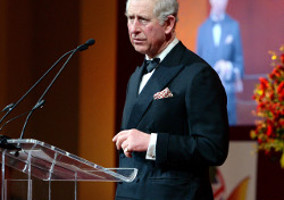Richard Hawkes, chief executive of the British Asian Trust, has said that the sector has stood by and tolerated bad practice, and that it can only really blame itself for the way it has been portrayed in the media in recent years.
Hawkes was writing in an article titled ‘How can we improve our media image?’ that formed part of Acevo’s 30th birthday celebrations, where it is putting out 30 pieces of content to mark the occasion.
He said that there are “tremendous examples of organisations doing amazing work, but as a sector we aren’t doing as well as we should be”.
Hawkes said charities can “only really blame ourselves for the way the sector has been portrayed in the media in recent years. We’ve tolerated bad practice, by individual organisations and across the sector. We’ve stood by while public trust has been eroded rather than being bold and proactive. We’ve become almost afraid of saying anything controversial in case it causes a backlash or the introduction of yet another form of regulation.”
‘Meek sector’
He said that the result is “a rather meek sector that talks a lot to itself, has too many squabbling sector bodies, rarely influences government policy and secured the grand total of zero mentions in the main party manifestos at the recent election”.
But, the former chief executive of Scope said it “doesn’t have to be this way”, and that “it wouldn’t be difficult to make the public think much more positively about us”.
‘Can’t con the public’
Hawkes said that to do this, the sector “can’t con the public”, and has to “get our own house in order first”.
He called on charities to be bolder in calling out bad practice, and “much bolder and more confident about speaking truth to power”.
He said: “We need to communicate relentlessly how brilliant we are, directly and through the media.”
Hawkes said that this can only be done if, as a sector, “we are far more effectively led and coordinated, especially from a communications and media perspective”.
“A collective media strategy that can both rebut quickly and ensure regular positive media peaks would help us to be more proactive and more coordinated. I don’t know a sector chief executive who would not sign up for that,” he said.
He concluded: “We must sort ourselves out, stop bad practice and improve sector coordination. We must be bold, be exciting and engage. This will lead to more trust, more support and more funding. We can have brilliant organisations, a powerful and loved sector. We can change the world together.”
Related articles












